Access to childcare subsidies, motherhood benefits and housing benefits should be granted to all parents, without discriminating against unwed parents or stay-at-home parents. To build a truly inclusive society, our policies must evolve to embrace different types of families.
AWARE applauds the State’s decision to grant one week of government-paid paternity leave and convert one week of maternity leave to shared parental leave.
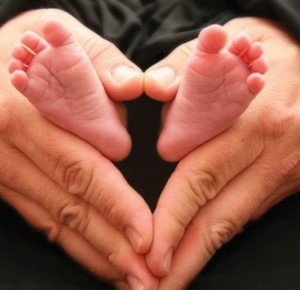 This is a milestone for Singapore as the State has resisted many past calls by civil society groups for paid paternity leave. It is also an important recognition that fathers have an important role to play in parenting and a response to Singaporeans’ demands for parenting leave to be given to fathers. In AWARE’s 2011 survey of 1,000 parents, 91% of respondents felt that paid paternity leave should be mandated. An overwhelming number of parents felt that caregiving responsibilities should be shared equally between men and women.
This is a milestone for Singapore as the State has resisted many past calls by civil society groups for paid paternity leave. It is also an important recognition that fathers have an important role to play in parenting and a response to Singaporeans’ demands for parenting leave to be given to fathers. In AWARE’s 2011 survey of 1,000 parents, 91% of respondents felt that paid paternity leave should be mandated. An overwhelming number of parents felt that caregiving responsibilities should be shared equally between men and women.
We are heartened that the Government has finally agreed to mandate paid leave for fathers. Our recent recommendations to the National Population and Talent Division (NPTD) on marriage and parenthood (July 2012), called for two weeks of paid paternity leave and one month of shared parental leave. We hope that, in time, the amount of leave for fathers will be increased to allow fathers to play an equal role in parenting.
Further, AWARE hopes that the State will reinforce the introduction of leave for fathers with education and awareness programmes, starting in schools, to promote active parenting by men and dispel misinformed stereotypes of fatherhood and manhood.
Extended Maternity Protection for Mothers
AWARE also celebrates the extension of maternity protection for expecting mothers to the whole duration of their pregnancy. This was a key recommendation made by AWARE to the NPTD and we congratulate the government for this amendment. In light of the cases received by AWARE’s Helpline between 2011 and 2012 from women unfairly dismissed in the first trimester of their pregnancy, we see this as a pertinent policy change.
Unwed Mothers Continue to be Excluded from Benefits
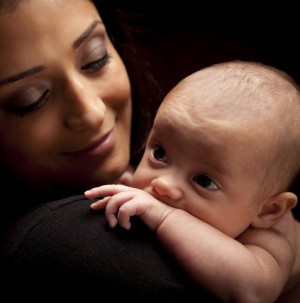 While we are glad to see more support being given to families, one of the most disappointing omissions was the continued denial of maternity and parenting benefits for the families of unwed mothers. These families, who most need the support, will continue to suffer.
While we are glad to see more support being given to families, one of the most disappointing omissions was the continued denial of maternity and parenting benefits for the families of unwed mothers. These families, who most need the support, will continue to suffer.
The discrimination against unwed mothers is increased by the grant of more benefits to married couples under the new Marriage &Parenthood package.
The policy to deny unwed mothers also contradicts the current direction of the Government to reduce the gap between the rich and the poor and to give every child an equal start in life.
Access to childcare subsidies, motherhood benefits and housing benefits should be granted to all parents, without discriminating against unwed parents or stay-at-home parents. To build a truly inclusive society, our policies must evolve to embrace different types of families.
Future Directions
The experience of the Scandinavian countries shows that policies that promote gender equality and equal sharing of childcare burdens between men and women have a positive effect on the Total Fertility Rate and on families’ quality of life. We urge the Government to make gender equality a core value in all policies aimed at supporting families, and to build sensitivity to different family structures into policymaking. Policies should drive home the point that family management and parenting is a collective responsibility, while reassuring parents that their care-giving responsibilities will be supported by the larger society through better public infrastructure and a flexible work culture.




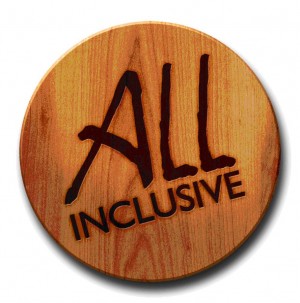
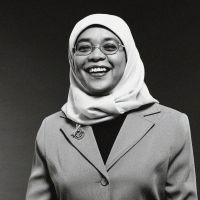
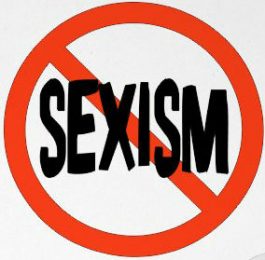
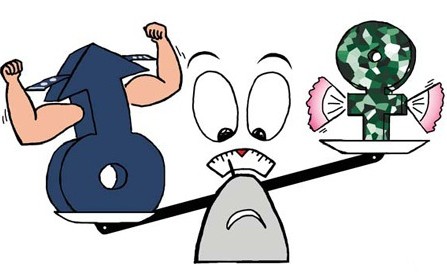 Singaporeans are surrounded by images, language and music that make violence against women seem normal. From Eminem rap songs to glossy advertisements, the media sexualises and objectifies women while glorifying male aggression. The belief that to be male is to be sexually aggressive must be rejected.
Singaporeans are surrounded by images, language and music that make violence against women seem normal. From Eminem rap songs to glossy advertisements, the media sexualises and objectifies women while glorifying male aggression. The belief that to be male is to be sexually aggressive must be rejected.

